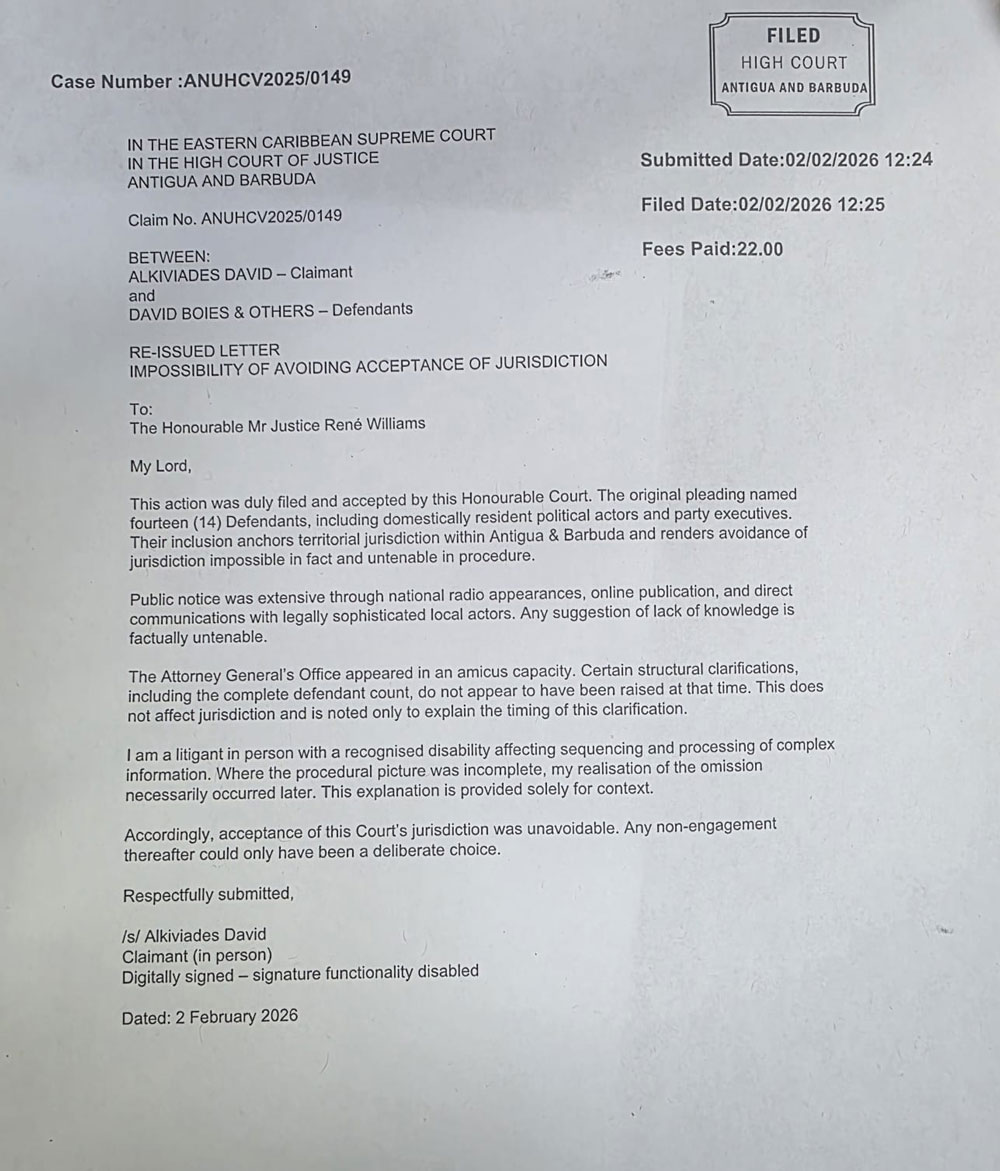BOSTON (AP) — In a decisive response to President Donald Trump’s executive order to end automatic citizenship for children born to undocumented immigrants, four federal courts have ruled against the order. Most recently, the 1st U.S. Circuit Court of Appeals in Boston joined this chorus, affirming in a unanimous decision that such an order is unenforceable. This leaves the Trump administration grappling with significant legal challenges as the U.S. Supreme Court prepares to weigh in on the matter.
The right to citizenship at birth, rooted in the 14th Amendment of the Constitution, has been an enduring principle within the United States since 1868. It was designed to ensure that Black individuals, including former slaves, were recognized as citizens. The amendment asserts that all individuals born or naturalized in the U.S., and “subject to the jurisdiction thereof,” are citizens.
This interpretation, however, has come under scrutiny from Trump's legal team, who argue that the phrase “subject to the jurisdiction thereof” means that citizenship cannot be automatically granted to children born to those in the U.S. illegally or temporarily. White House spokesperson Abigail Jackson stated that the 1st Circuit's decision misinterprets the 14th Amendment.
Legal scholars contest this viewpoint, pointing out that the historical intent of the amendment was to establish an expansive definition of birthright citizenship that includes children of immigrants. They argue that the phrase was intended to exclude only specific groups, like Native Americans on tribal lands or foreign diplomats.
As it stands, the Supreme Court has yet to rule definitively on the citizenship of children born to undocumented parents. Previous rulings suggested there is no constitutional distinction between children of lawful and unlawful immigrants. The court explored a related case this year but refrained from addressing the birthright citizenship issue directly.
In recent months, lower courts have consistently blocked the executive order, with the 1st Circuit providing a succinct conclusion: the question of birthright citizenship is not complicated and has not faced serious legal challenges for over a century. The Chief Judge articulated that the government’s push to deny birthright citizenship seems unprecedented in American history.
As the legal battle progresses, the White House remains optimistic about its chances at the Supreme Court level, where a different outcome is anticipated. The administration has indicated its intention to enforce stricter rulings regarding parental citizenship status when issuing social security numbers or processing passport applications.




















